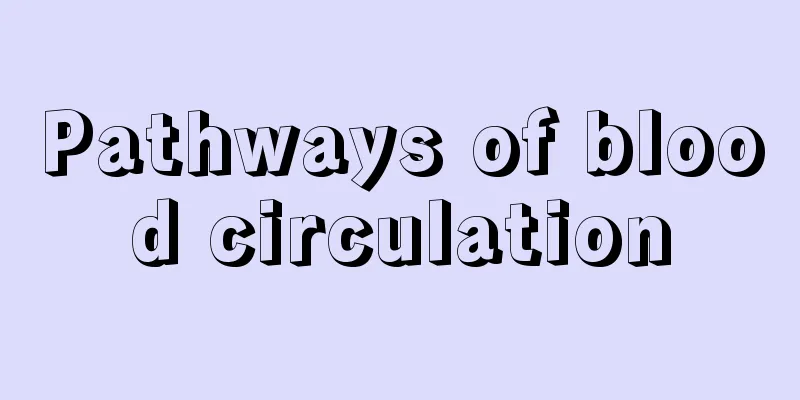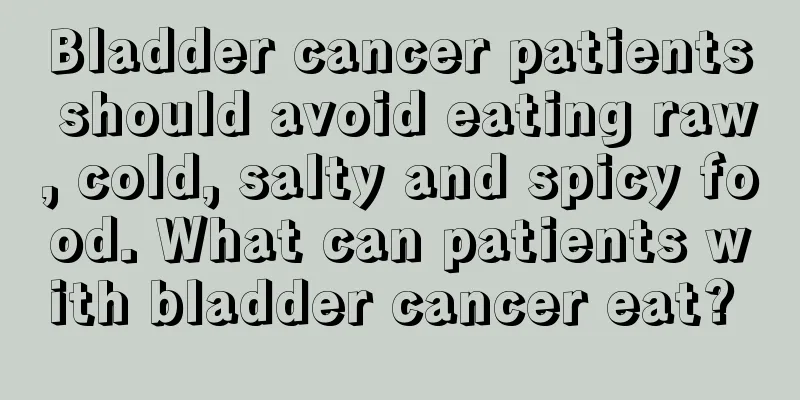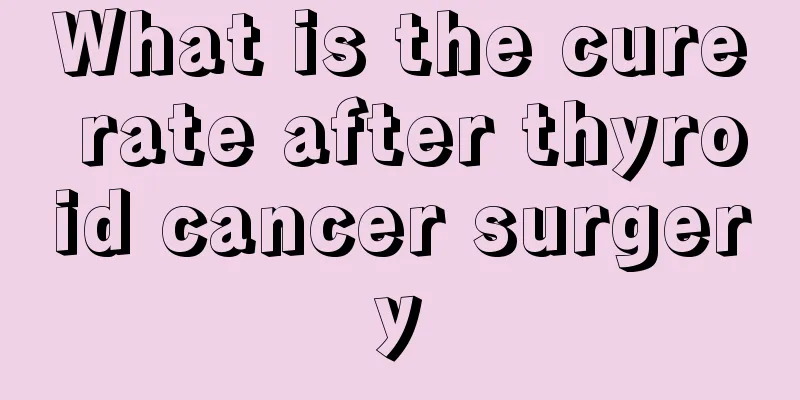Treating sequelae of radiotherapy and chemotherapy of nasopharyngeal carcinoma from the perspective of spleen and stomach

|
After radiotherapy for nasopharyngeal carcinoma, patients often experience dry mouth and nose, sore throat, and difficulty swallowing. As radiotherapy progresses, patients may also experience symptoms of spleen and stomach yin damage, such as loss of appetite, nausea, vomiting, and tastelessness or change in taste in the mouth. In the later stages, patients often experience symptoms of qi and blood deficiency, such as fatigue and dizziness. In response to these symptoms, traditional Chinese medicine treatment often starts with the spleen and stomach. Early stage of radiotherapy About 2 weeks after radiotherapy for nasopharyngeal carcinoma, patients may experience symptoms such as loss of appetite, nausea and vomiting. This is mostly due to chemotherapy damaging the spleen and stomach yin fluid, insufficient gastric fluid, indigestion, stagnation in the middle jiao, and spleen and stomach qi disorders. When the spleen fails to function properly, the stomach fails to harmonize and descend, and the ascending and descending are abnormal, nausea and vomiting will occur; when the spleen fails to function properly, it cannot transform and distribute the essence of water and grain, resulting in loss of taste, drowsiness in the limbs, etc. At this time, the patient often presents with a pale or pale fat or pale dark tongue, thick and greasy tongue coating, and slippery pulse, all of which are symptoms of spleen and stomach disorder and phlegm and turbidity blocking the middle. The treatment of spleen and stomach disorder type is to strengthen the spleen and stomach, resolve phlegm and eliminate dampness, and Chenxia Liujunzi Decoction can be selected for modification.Late radiotherapy Radiotherapy causes continuous damage to Yin, Qi and blood, spleen and stomach disorders, insufficient Qi and blood transformation, and Qi and blood deficiency. If the brain is not nourished, dizziness will occur; if the limbs are not nourished, fatigue will occur; if the heart is not nourished, palpitations, insomnia and dreams will occur; if the lungs are not nourished, shortness of breath, lack of breath and laziness to speak will occur; if the blood is deficient and cannot nourish the face, the complexion will be dull; if the Qi and blood are insufficient, the blood vessels are not full, so the tongue is pale or tender red, with little coating, and the pulse is thin and weak. The treatment of Qi and blood deficiency is to replenish Qi and nourish blood, and the prescription is Bazhen Decoction with modifications. After radiotherapy is completed Nasopharyngeal carcinoma often presents with symptoms of yin damage just after radiotherapy, and the treatment is to use sweet, cool and moistening methods to nourish the spleen and stomach yin fluid and restore body fluid. The prescription is Ganluyin plus or minus. |
<<: What is the prognosis of skin cancer?
>>: 8 high-risk groups for breast cancer
Recommend
Improve your immunity and stay away from sub-health
No matter what causes sub-health, no matter what ...
Flowers that help you sleep
Nowadays, more and more people are growing flower...
How to use the fitness meridian tapping stick
Everyone must be familiar with the term "hea...
Effects and hazards of magnetic therapy
Magnetic therapy uses artificial magnetic fields ...
What to do if your skin is dry and has fine lines
When people live in winter or spring, the air is ...
How to remove freckles? Correct secret recipe for removing freckles
Everyone loves beauty. With the improvement of pe...
Job's tears are infested with worms
Sometimes, because the coix seeds you buy have no...
What are the early symptoms of bone cancer?
Bone cancer is a cancer disease that many people ...
My hands are swollen, what's going on?
There are always some unexpected situations in li...
The role of hydrogen peroxide solution
Human health is inseparable from exercise, and hu...
Six signs to remind you to protect your liver immediately
my country is a high-incidence area of liver di...
The early symptoms of bone cancer are not very obvious
Bone cancer knowledge is the most common type of ...
Can lumbar vertebrae cancer be cured?
Can lumbar bone cancer be cured? Bone tumors are ...
What are the treatments for gallbladder tumors?
What are the treatments for gallbladder tumors? T...
What to do if you have a low fever? Two ways to improve it
Everyone has experienced a high fever, but not ne...









